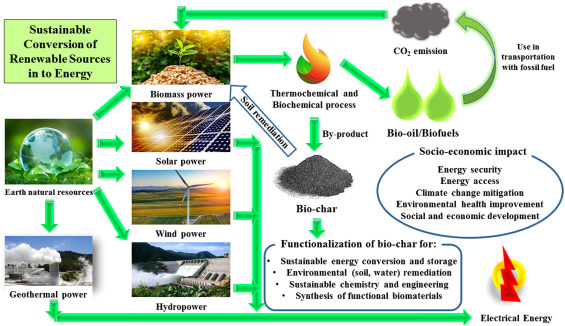In a time when societal consumption is at the forefront of sociological discourse, a new article by Arnaldo Bagnasco from the Università di Torino proposes a multifaceted approach to understanding and addressing this pressing issue. Published in ‘Sociología del Trabajo’ (Sociology of Work), Bagnasco’s research dives deep into the complexities of societal consumption, drawing on the works of notable thinkers like François Dubet and Colin Crouch, as well as emerging ideas from the realm of fundamental economy.
The crux of Bagnasco’s argument centers on the need to reconcile individual agency with systemic structures. “The free intentionality of actors must be understood in the context of broader societal frameworks,” he states, emphasizing that this connection is vital for developing effective strategies to rebuild society. As the energy sector grapples with its own challenges, this perspective offers a lens through which industry leaders can examine their roles within the larger social fabric.
Bagnasco outlines three distinct yet interconnected approaches to the consumption of society. The sociology of experience, as articulated by Dubet, provides insights into how personal experiences shape societal engagement. Meanwhile, Crouch’s focus on social and economic regulation post-industrial society highlights the necessity of adapting regulatory frameworks to modern realities. Finally, the concept of fundamental economy introduces innovative ideas that could redefine economic interactions in a way that prioritizes societal well-being.
The implications of these insights extend into the commercial realm, particularly for the energy sector, which is increasingly seen as a critical player in societal transformation. As companies pivot towards sustainable practices, understanding the dynamics of societal consumption becomes essential. Bagnasco’s research suggests that energy providers can enhance their strategies by aligning their operations with the social values and intentions of their consumers.
“Addressing the consumption of society is not just an academic exercise; it has real-world implications for how industries, especially in energy, can engage with communities,” Bagnasco asserts. This perspective encourages energy companies to rethink their approaches, potentially leading to innovations that resonate with societal needs and aspirations.
As the energy sector continues to evolve, Bagnasco’s findings serve as a reminder of the importance of integrating sociological insights into business practices. The research not only sheds light on the current crisis of societal consumption but also offers pathways for rebuilding a more equitable and sustainable society. This is a call to action for energy leaders to engage thoughtfully with the communities they serve, fostering a collaborative environment that benefits both society and the industry at large.




